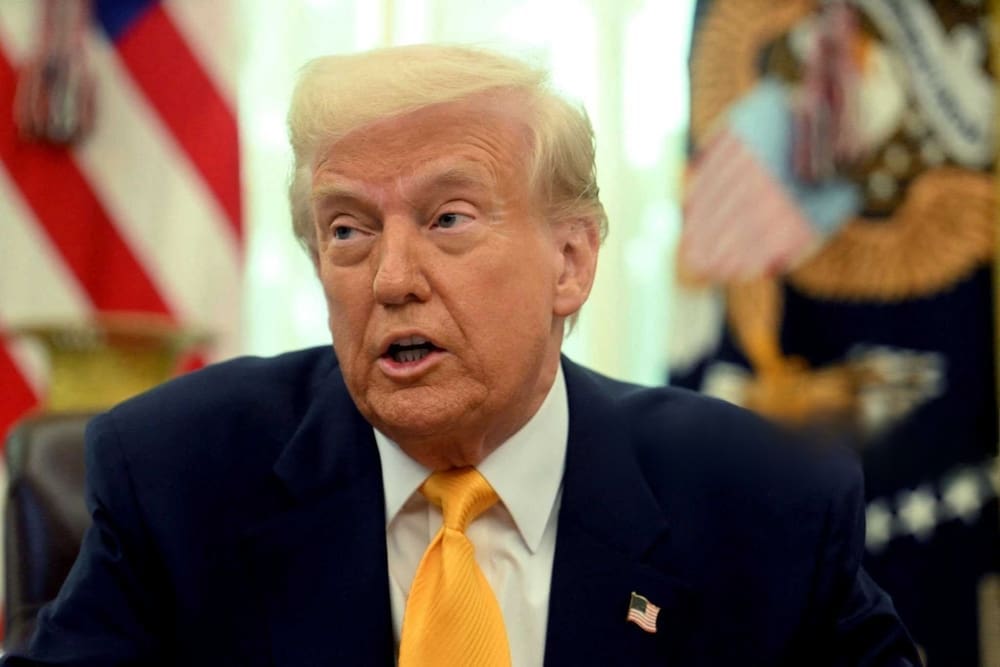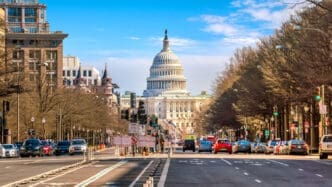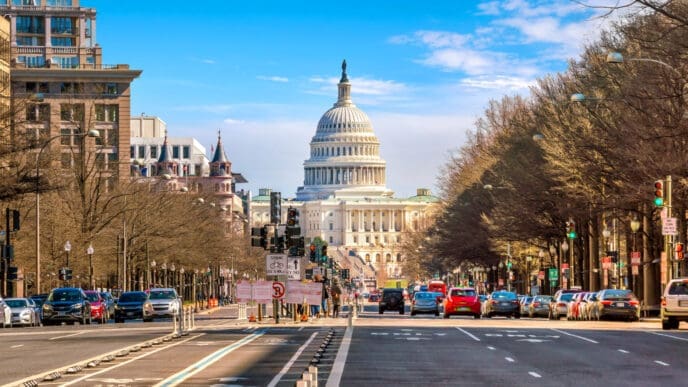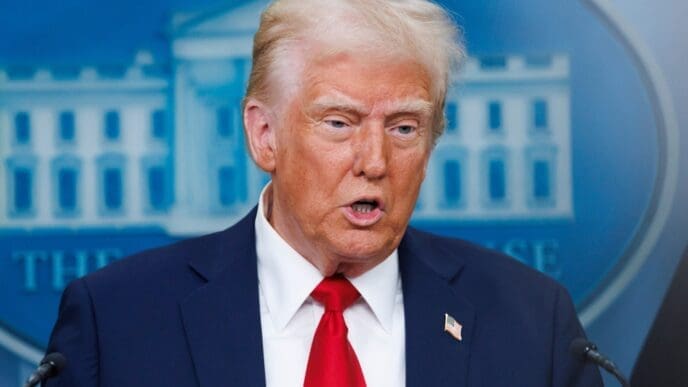In a decisive move to bolster domestic energy production, President Donald Trump has issued an executive order designed to counteract state laws aimed at reducing fossil fuel use and addressing climate change. The order reflects a broader strategy by the Trump administration to enhance energy output while opposing predominantly Democratic-led initiatives focused on curbing carbon emissions.
The executive order mandates the U.S. attorney general to pinpoint and obstruct state legislation concerning climate change, environmental, social, and governance (ESG) efforts, environmental justice, and carbon emissions. The administration criticizes these policies as ideologically driven and detrimental to American energy dominance and national security.
Particular attention is drawn to existing laws in states like New York and Vermont that impose penalties on fossil fuel companies for their environmental impact, California’s cap-and-trade system, and various state-led legal actions against energy corporations over their role in global warming.
Despite the federal executive order, Democratic governors, including Kathy Hochul of New York and Michelle Lujan Grisham of New Mexico, have expressed their determination to continue climate initiatives. As co-chairs of the U.S. Climate Alliance, a coalition of 24 governors committed to climate action, they emphasize the importance of advancing solutions that protect the environment and promote economic growth through clean energy jobs.
Conversely, the American Petroleum Institute, representing the oil and gas sector, welcomed Trump’s executive order. They argue that it holds states accountable for allegedly unconstitutional efforts penalizing U.S. energy producers, asserting the necessity of fossil fuels for consumer energy needs.
The Bottom Line
- The executive order could hinder state-level climate policies, potentially affecting local environmental regulations and initiatives.
- By prioritizing fossil fuel production, the order may impact the growth and investment in renewable energy sectors across the U.S.
- The clash between federal and state powers may lead to legal battles, affecting policy implementation and enforcement timelines.
- Residents in states with stringent environmental laws might see shifts in local energy policies, impacting community health and sustainability efforts.
- Economic implications could arise, as the order might influence job markets within both traditional energy sectors and emerging green industries.













